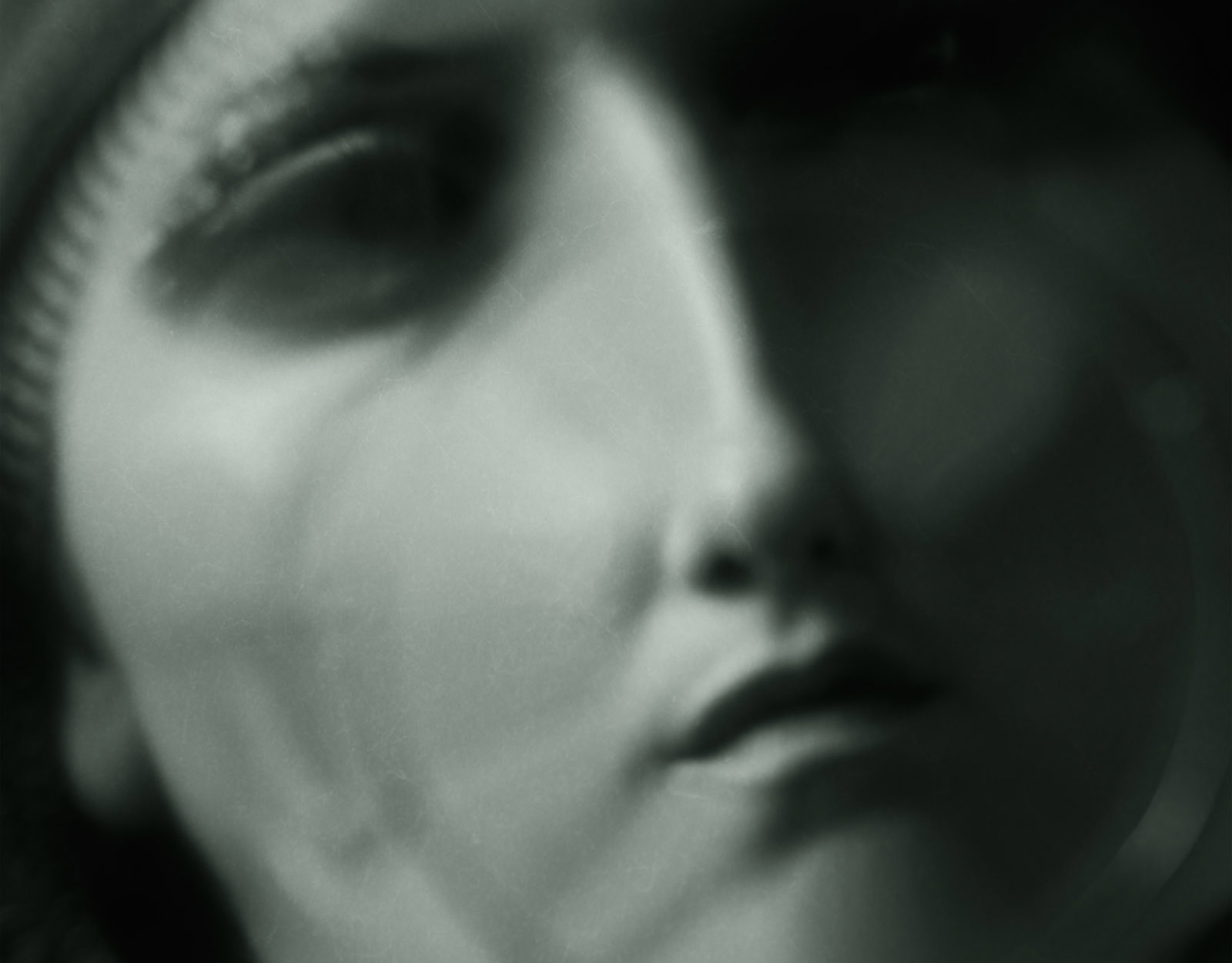Fortunately, my humble breakfasts at Maribel’s didn’t last long. For a while they had been a small luxury — paid for as much in storytelling as in coin, a currency that worked for some but not for others. Perhaps it was after two months, perhaps three, when I moved on to more substantial meals at El Anís, where the plates were plainer but the air was warmer and the tables felt like they belonged to the street as much as to the café.
Jacinta Flor de Loto was still earning her living waiting tables at Maribel, moving between the mirrored walls and white tablecloths with a grace that made the place feel finer than it truly was. She was a tiny girl, as fragile as an exotic bloom whose petals bruise under a fingertip. Throughout the year she wore a white fur, no matter if it was autumn, winter, or if the air was warm with spring and later heavy with summer. She wore it as if the faintest chill might undo her delicate, petal-like body.
Though she was small and slight, she carried a voice large enough to fill a room. When it rained, her voice became more beautiful still — clearer, purer, as though the rain washed it clean until it rang like crystal struck high in the mountains. On rainy days she bloomed like a divine flower. As if it were her true season, the rains began early that spring and did not stop for two years, five months, three weeks, and six days. It was in that time that her star rose, bright against the damp sky.
Some say it all began with a single song she sang while cleaning tables early in the morning, before the first customer arrived. Others say it started when a man, escaping the rain, heard her singing and, in search of entertainment for his birthday party, found his answer in her voice.
By June, Jacinta was seen walking through Hometown in the company of various men who sheltered her from the downpour under their umbrellas. At first, it was a flimsy but colourful contraption, as if patched together from scraps of cloth, and people smiled when they saw it. But over time the umbrellas grew larger, more elegant, more refined—losing their colours but gaining the costly sheen of fine materials. People stopped smiling and began to look on with admiration.
By August she had left Maribel for good. The umbrellas grew grander still, and soon they were carrying her away to distant places—into the mountains or to the coast, where the rain was said to be lighter and the sun shone through the clouds. Some claimed there was no rain at all in the mountains, that the clouds could not reach such heights. “How could she sing there,” they asked, “without the nourishing water?” Others insisted she sang under showers in wealthy villas. The meaner tongues whispered of golden showers, of pools of champagne, of a voice bathed in splendour.
Her visits to Hometown became rare. But when she did return, she would stand in the town square and sing like an exotic bird, giving her gift freely, generously. The magic of her voice caught in the raindrops, and people would stop mid-step, standing for hours in a trance. When they woke from her spell, they would find their clothes soaked and the stars silently reflected in the puddles.
Weeks would pass without a trace of her. Then Doña Celestina Marín found a white fur coat—exactly like Jacinta’s—left on a park bench one night. With no one around, she took it home for the coming winter. Others spoke of small, simple gifts appearing around town: a loaf of bread left at a poor widow’s door, a bunch of carnations tied with ribbon on a workman’s bench. They were never extravagant, but always given to lift someone from the weight of a hard day.
By the next spring, little gifts and petals began appearing more often than Jacinta herself. Some said this meant the fruits were on their way, as nature intended. The jealous ones claimed nature was never kind—that rain always took its toll. They swore they had seen her once, no longer so radiant, her legs swollen from the water, her skin even paler than before. She walked through the streets carrying a basket of fruit—not offering it with her old generosity, but holding it close, as though it was all that remained when the long season of rain had finally come to its end.
This is one fragment of the Hometown archive. Eighty portraits accompany the cycle.
More to come.
More to come.


